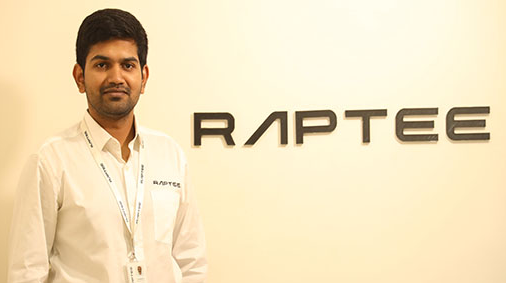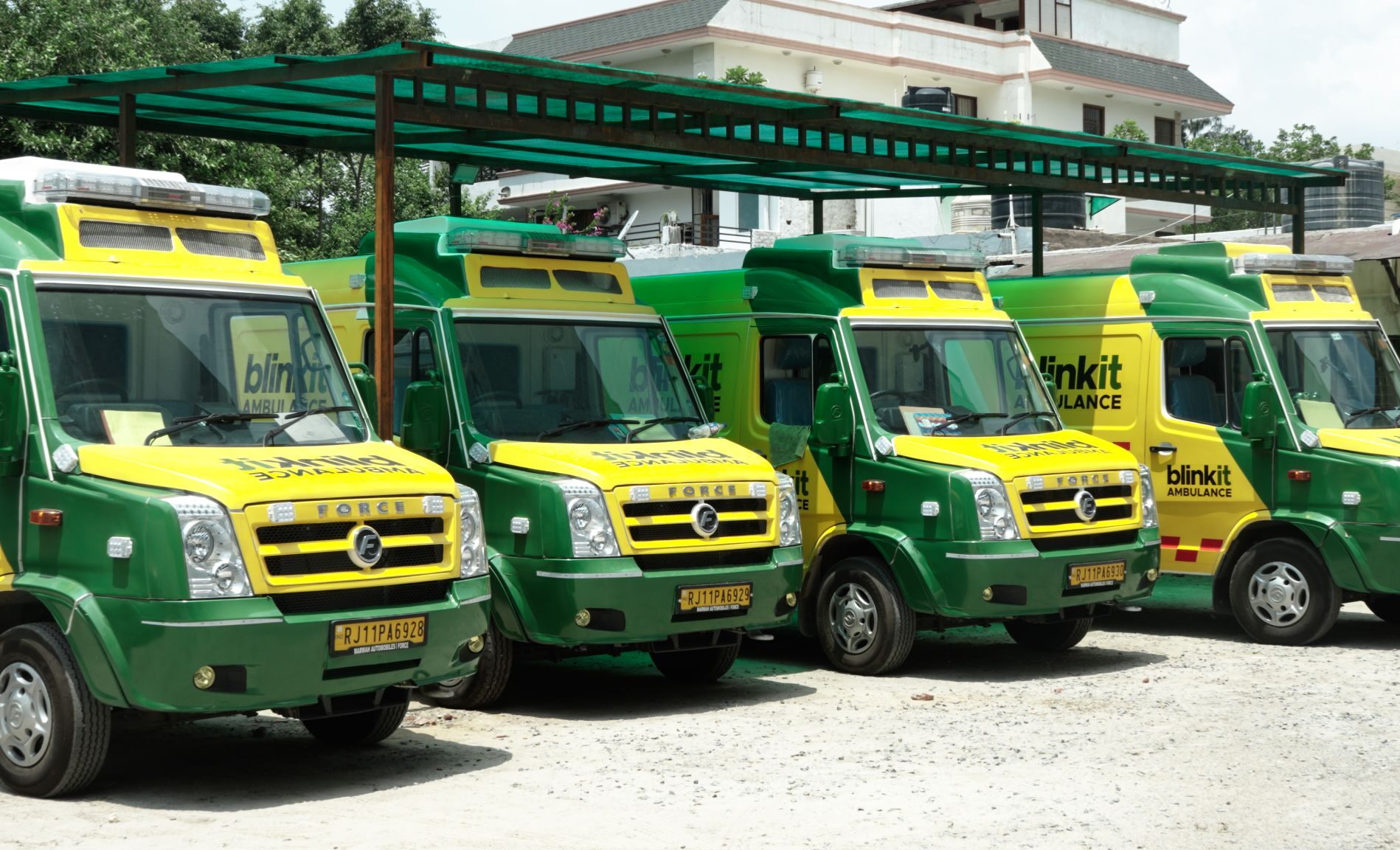In 2017, a chance meeting at IIT Madras sparked the creation of Agnikul Cosmos. Srinath Ravichandran, a Wall Street trader-turned-aerospace engineer, pitched a bold idea: building rocket engines entirely using 3D printing. Prof. Satyanarayanan Chakravarthy, a veteran in aerospace sciences, and operations specialist Moin SPM joined forces with him. The trio co-founded Agnikul to bring space within everyone’s reach. The name “Agnikul”, derived from Sanskrit meaning “family of fire,” reflects their fiery ambition.

Agnikul’s core mission is to enable affordable, on-demand access to space. Their primary product is Agnibaan, a small satellite launch vehicle that is modular and highly customizable. But what truly sets them apart is Agnilet, the world’s first single-piece 3D-printed rocket engine. Unlike traditional engines assembled from hundreds of parts, Agnilet is printed as one unified piece, eliminating seams and potential failure points.
This innovation wasn’t overnight. The team iterated through dozens of injector and cooling designs to perfect Agnilet. The result is an engine that can be manufactured in just 72-75 hours using Inconel alloy, known for its heat resistance. Agnilet produces 6.5 kN of thrust and runs on liquid oxygen and refined kerosene (ATF). The plug-and-play design allows for multiple Agnilet engines to be configured per mission, offering unmatched flexibility.
Agnibaan By Agnikul Cosmos
Agnibaan is a 20-meter, two-stage rocket capable of lifting up to 300 kg into low-Earth orbit. Its scalable design and pricing model are mission-specific rather than payload-specific, making space launches more accessible. To launch their rockets, Agnikul developed India’s first private launchpad at Sriharikota in collaboration with ISRO and a mobile launch system named Dhanush.

The company’s funding journey began with a seed round of ₹3 crore in 2019 from Speciale Invest. By March 2020, they raised ₹23.4 crore in a pre-Series A led by Pi Ventures. Their Series A in May 2021 brought in $11 million, led by Mayfield India, with participation from Anand Mahindra, Balaji Srinivasan, Naval Ravikant, and others. In late 2022 and October 2023, Agnikul raised $20 million and then ₹2 billion (~$26.7 million) respectively in a Series B led by Celesta Capital and Rocketship.vc.
Also Read: Garuda Aerospace Raises ₹100 Cr to Power India’s Drone Future
These funds have fueled the transition from R&D to commercial readiness. Agnikul has built India’s first factory dedicated to 3D-printed rocket engines and has filed patents on their single-piece design. They also developed in-house avionics and software, including India’s first Ethernet-based rocket guidance system.
In May 2024, Agnikul launched its first suborbital test rocket, Agnibaan SOrTeD, from their private launchpad. The mission marked several global and national firsts: world’s first flight of a single-piece 3D-printed engine, India’s first private rocket with a semi-cryogenic engine, and first launch from a private facility in India. After multiple delays, the successful launch solidified Agnikul’s credibility.
The startup is now preparing for its first orbital launch, expected in late 2024 or early 2025. They already have letters of intent from several clients and are targeting up to 25 launches annually in the future. Their vision is clear: become the go-to global provider for small satellite launches.
India’s liberalized space policy and increased private-sector support from ISRO and IN-SPACe have paved the way for startups like Agnikul. Their progress complements India’s growing stature in the global space economy and showcases how deep-tech innovation can thrive with the right ecosystem.
From an idea at IIT to a history-making rocket launch, Agnikul Cosmos exemplifies the new wave of Indian space entrepreneurship. If their upcoming orbital mission succeeds, it will mark a new chapter in commercial space access not just for India, but for the world.
Also Read: Skyroot Aerospace: India’s Private Rocket Pioneer


























